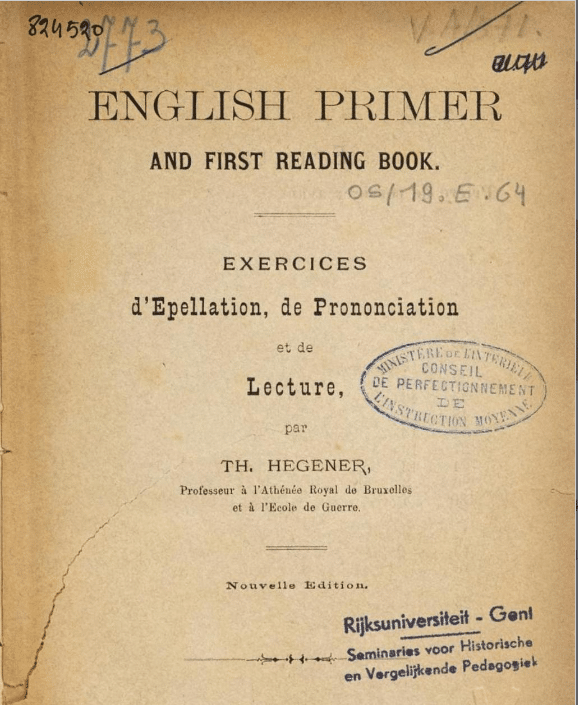Microsoft and Contractual Ambiguity
Microsoft Corporation (Microsoft) has a market capitalization of $2.14 trillion. It reported $204 billion in revenue in 2022. Its legal team is reportedly comprised of 1,500 people worldwide. Microsoft is the proverbial 800-pound gorilla in contract negotiations. A recent case suggests, however, that Microsoft has yet to master the art of drafting a forum selection…
Continue ReadingForum Selection Clauses, Non-Signatories, and Personal Jurisdiction in New York
As a general rule, the law will not vest contractual rights in (or impose contractual obligations upon) individuals who are not parties to an agreement. Over the past few decades, however, the courts have had occasion to relax this rule in the context of forum selection clauses. As previously discussed here and here and at…
Continue ReadingCrypto and Forum Selection Clauses
Over the past six months, the crypto industry has suffered setback after setback. In late 2022, the cryptocurrency exchange FTX collapsed. Its CEO and founder, Sam Bankman-Fried, has since been charged with wire fraud, money laundering and securities fraud, among other crimes. In 2023, the SEC filed a civil suit against persons involved in the…
Continue ReadingWho Owns the Stargazer?
Claims relating to the ownership of movable property generate an impressive amount of transnational litigation. In April 2022, the U.S. Supreme Court decided a long-running case about the ownership of a painting that had been expropriated by the Nazis in 1939. In July 2022, the U.S. District Court for the Northern District of New York…
Continue ReadingHappy Birthday to TLB!
On March 28, 2022, TLB published its first post. Since then, we have published 245 more. Over the past year, the site has received more than 32,000 visitors from 82 different countries. Roughly half of those readers are based in the United States. Our most frequent non-U.S. visitors are based (in rough order) in (1)…
Continue ReadingBill Dodge to Join Faculty at George Washington University Law School
TLB is pleased to announce that founding editor Bill Dodge will join the faculty of the George Washington University Law School in August 2024. He expects to teach International Litigation and Arbitration, International Business Transactions, and Contracts, among other subjects. Bill will join GW Law after 29 years with the University of California, including 20…
Continue ReadingFloating Forum Selection Clauses
Most forum selection clauses refer specifically to the courts of a particular jurisdiction. Floating forum selection clauses are different. A floating clause does not reference any court by name. Instead, it ties the choice of forum to a mutable fact that can change after the contract is made. The possibility that the identity of the…
Continue ReadingSupreme Court Grants Cert in Admiralty/Choice-of-Law Clause Case
Earlier today, the Supreme Court granted cert in Great Lakes Insurance SE v. Raiders Retreat Realty Co. LLC. The question presented is whether, under federal admiralty law, a choice-of-law clause in a maritime contract can be rendered unenforceable if enforcement is contrary to the “strong public policy” of the state whose law is displaced. The…
Continue ReadingA Primer on Choice of Law
Choice-of-law rules are used to determine the rights, duties, and liabilities of persons involved in a case with a connection to more than one jurisdiction. In the United States, most choice-of-law rules are state law; the federal government rarely legislates in this area. Courts in the United States apply the same choice-of-law rules to international…
Continue ReadingAn Exemplary Decision
It is important to have high standards… especially when it comes to forum selection clauses, personal jurisdiction, and forum non conveniens. Since its inception, this blog has discussed a number of judicial decisions where these high standards were not fully met. One can find posts offering criticism here and here and here and here and…
Continue Reading







